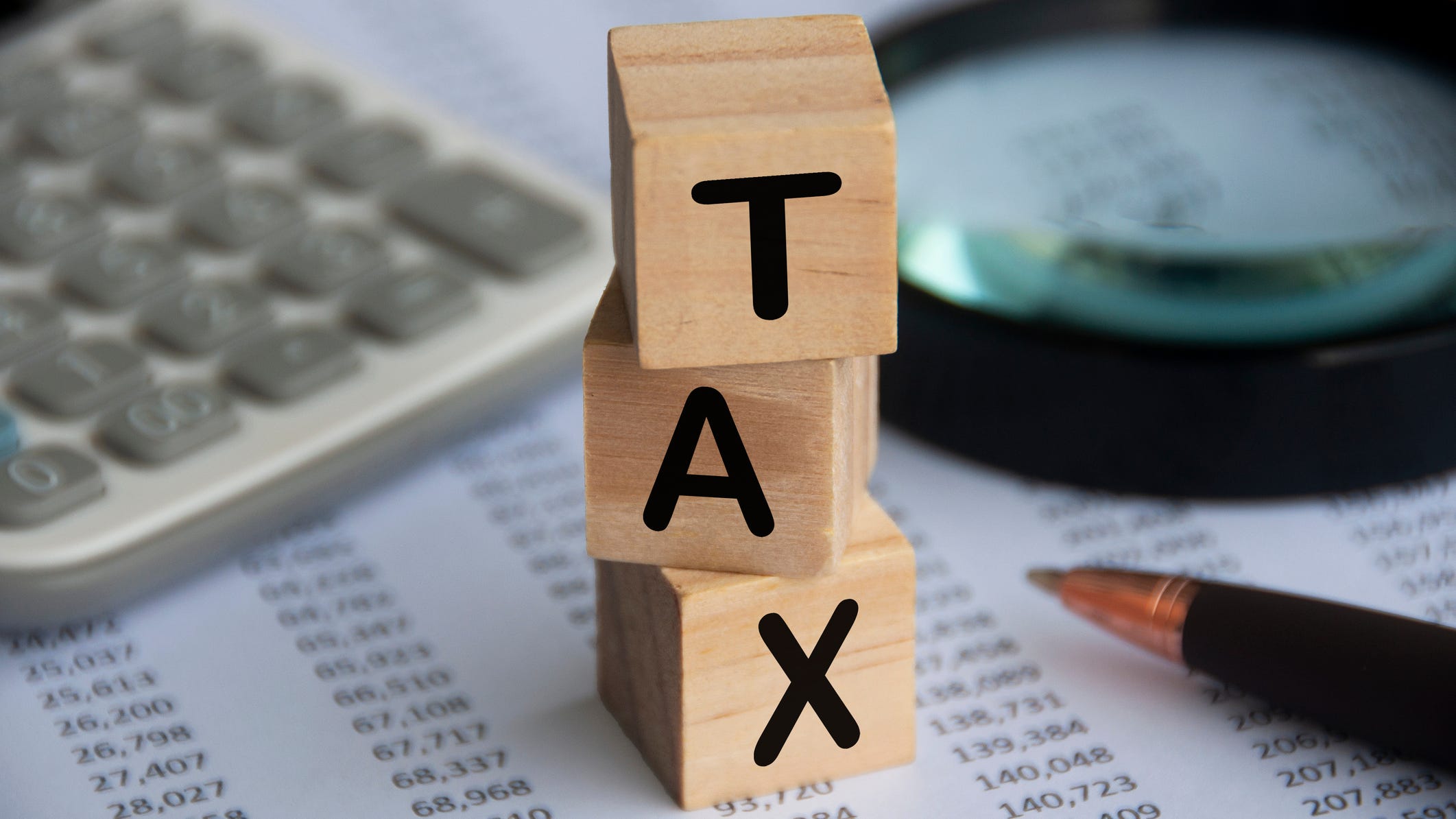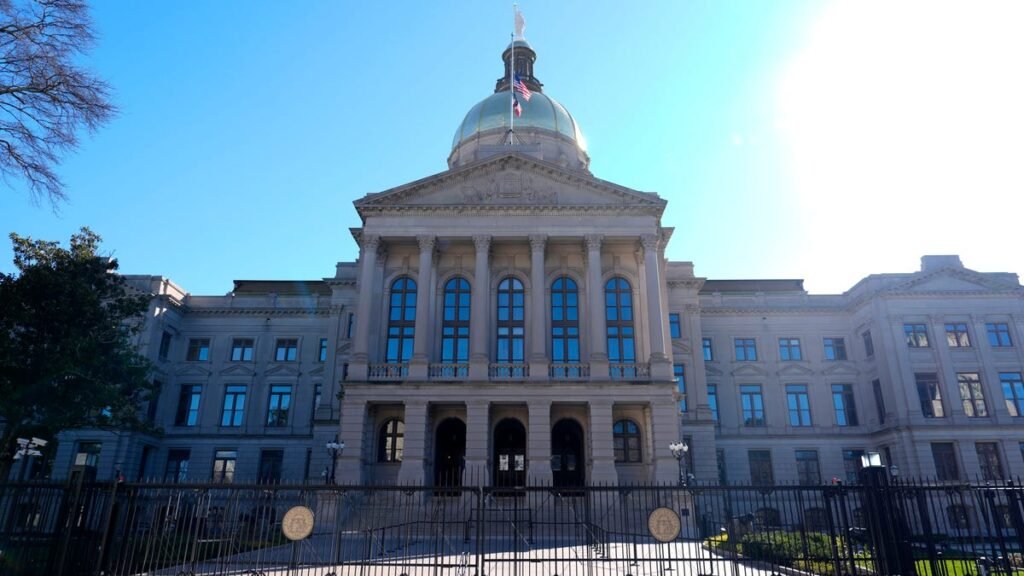
How do billionaires avoid paying taxes? Here’s what we know now.
The super wealthy can afford to avoid paying taxes, but how? Here’s what we know now.
- Georgia voters approved a constitutional amendment to curb property tax increases by tying them to inflation.
- Most cities and counties adopted the amendment, but the majority of school districts, which receive the largest share of property taxes, opted out.
- A new law gives local governments until the end of April to reconsider, but school districts face challenges due to rising education costs and a 20-mill tax rate cap.
- Critics suggest the amendment shifts the tax burden from homeowners to renters and businesses, while supporters aim to provide tax relief for long-term residents.
ATLANTA – Across Georgia last November, voters heartily threw their support behind an amendment to the state constitution that sought to slow the escalation of property taxes.
Two out of three voters favored Constitutional Amendment 1, which allowed communities to decide whether the annual rise in their property tax values should be linked to the generally lower rate of inflation.
And then, not much happened.
Although most cities and counties opted into the tax slowdown, most school districts did not. And education is generally the lion’s share of a local property tax bill.
So, lawmakers decided to give it another go. House Bill 92, which Gov. Brian Kemp signed into law immediately after the General Assembly sent it to his desk on April 1, gives cities, counties and school systems until the end of this month to reconsider the offer to tighten their own purse strings.
The measure is “designed to protect homeowners from exceedingly high property tax assessments,” the chief sponsor of the bill, state Rep. Shaw Blackmon, R-Bonaire, said in February during the first of several legislative votes. “It would, I think, hopefully give the locals some more time to understand the value of allowing taxpayers to keep more of their money.”
The House of Representatives went 173-1 for the bill. It was initially controversial in the Senate, but amendments led to similar enthusiasm there. The Senate version passed the House unanimously in late March.
As the bill was winding through the legislature, local elected officials were already declining the offer. As of mid-March, according to the most recent available information from the Secretary of State’s office, 71% of the state’s 180 school districts had opted out.
About a quarter of the state’s 537 towns and cities joined those school systems, and just over a third of the 159 counties did.
Schools are far less likely to voluntarily slow down their tax revenue increases for a simple reason: education is expensive, especially when enrollment is growing.
And, unlike cities and counties, there is a limit on how high school systems can raise their tax rate.
Some clarity is needed here.
A rising property tax bill is driven by two mechanisms.
First, there is the property tax rate, which is expressed in “mills,” with one mill resulting in a tax bill of $1 for each $1,000 in assessed property value. School boards, city councils and county commissions set their own millage rate. And they often get criticized when they raise it, creating potential difficulty at re-election time.
Second, is the property value. That’s set by county appraisers who value each property based on sales of similar properties nearby.
That is the part of the tax bill that lawmakers want to link to the rate of inflation. Especially in growing areas, property values tend to rise faster than the inflation rate.
Their constitutional amendment targeted the portion of the tax bill that is driven by property values by increasing the value of a property “homestead,” which is basically a tax discount for owner-occupied homes, by the amount of any increase in the official valuation, minus inflation.
Confused?
So was Allen Fort, the longtime superintendent of the Taliaferro County School District, the smallest system in Georgia.
“It’s far more complicated than it should have been,” he said.
People don’t understand the mechanism, he said, and they don’t understand the implications for schools.
When Gwinnett County Public Schools, the state’s largest system, opted out, it published this explanation on its website. It would have meant a loss of $35 million in the 2025-26 fiscal year and more than $100 million over the next three years.
There is another complicating factor for Georgia school systems: most are legally limited to a maximum tax rate of 20 mills.
Typically, 90% of the costs go to paying teachers and other staff. The state sets student-teacher ratios, so more students mean more teachers — and more costs.
More households paying more taxes should theoretically cover that rising cost. But they generally don’t.
That is because houses with children in them typically cost communities far more in educational services than those houses pay in taxes. Arresting the increase of their share of the tax base would simply force schools to raise their millage rates, but then they would hit that cap.
And in many places, industries get big tax abatements to build new factories and other facilities, so they’re not paying either.
So, John Zauner wonders, who would pay for education if school boards opted in to the legislature’s scheme and basically froze their future revenue stream?
Lawmakers are just playing a political game, shifting the attention of frustrated taxpayers from themselves to their local school board members, said Zauner, executive director of the Georgia School Superintendents Association.
“Their issue as legislators is to say, ‘I’m going to provide you tax relief,’ and that’s a great issue to get some votes on,” he said.
The constitutional amendment was as popular in Coweta County as it was in the rest of the state, passing by wide margins in every voting precinct.
The county government then opted in to the new inflation rate tax limit, but the school system opted out.
The school district’s property tax rate is already above 15 mills, explained Evan Horton, the Coweta County School System superintendent.
“You get to that 20-mill cap and there are no more levers to push,” Horton said. “Once you get to the cap, it could prove very difficult to do the things that you need to do.”
Cities and counties generally don’t face the same millage rate limit as schools. Lawmakers also gave them the ability to raise their sales tax rate to recoup some of the dollars lost to the inflation-linked homestead exemptions. Lawmakers did not give that sales tax increase to schools.
So far, only a couple of counties have asked their voters to approve a higher sales tax, said Dante Handel, who works on governmental affairs for the Association County Commissioners of Georgia.
Handel, who has tracked this property tax plan for more than a year and has produced an in-depth analysis and explanation for the public, expects more cities and counties to follow suit in November.
He said the decision for local governments comes down to whether they want to shift the burden of taxation from owner-occupied homes to other types of property owners.
“It’ll hit second homes. It will hit the apartments. The question then is whether or not those apartment owners are going to have that additional tax burden shift down to the renters — most likely they will,” he said. “Then it’ll also shift some of that burden to the industrial and commercial properties. So, it’s a policy decision about whether or not you want to reward the folks who have long-term roots in your community.”

